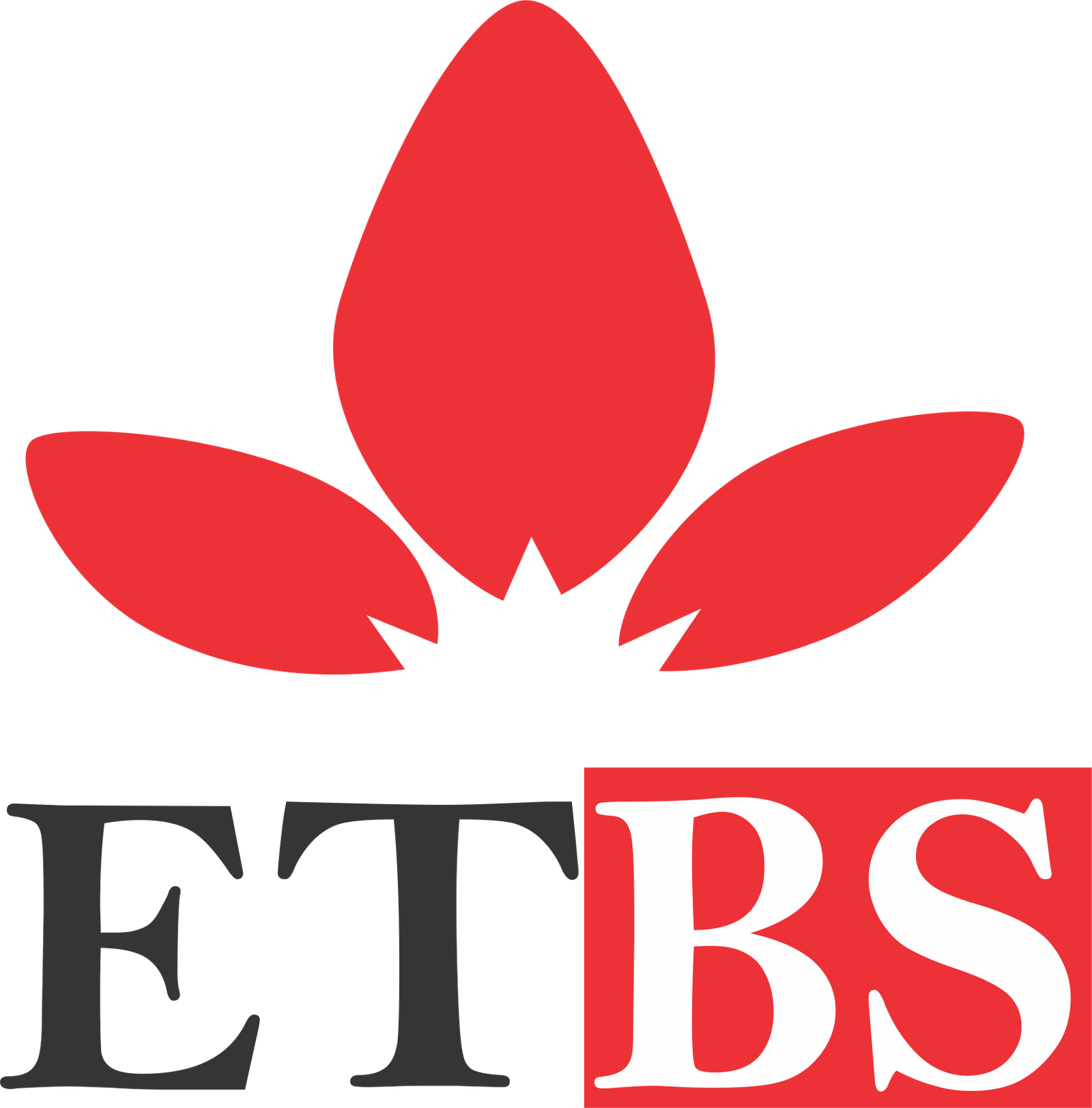 EarthTab Business School
EarthTab Business School
☰
|

The Vocal Health and Maintenance course is a comprehensive, multidisciplinary training program designed to equip voice users both professional and recreational with the knowledge, skills, and strategies to protect, enhance, and maintain optimal vocal function throughout their lives. Grounded in anatomy, physiology, behavioral science, and vocal pedagogy, this course provides a rich blend of theoretical foundations, practical techniques, preventative care strategies, and voice rehabilitation protocols. It is ideal for singers, actors, public speakers, teachers, broadcasters, clergy, call center agents, and other occupational voice users whose livelihood or communication is voice-dependent. This course addresses both the art and science of vocal health, combining voice training techniques with medical and therapeutic considerations that affect vocal longevity and performance. Special emphasis is placed on vocal hygiene, voice conservation techniques, risk factors for vocal pathology, diagnostic markers of strain and damage, recovery practices, and the integration of lifestyle, nutrition, and mental health in voice wellness. By the end of the course, you will be able to: Describe the anatomical and physiological structures involved in voice production. Identify common causes and symptoms of vocal strain, fatigue, and pathology. Apply vocal hygiene principles to daily life and professional practice. Perform warm-up and cool-down routines designed to protect the voice. Recognize harmful vocal behaviors and modify them through technique and awareness. Understand the role of hydration, nutrition, rest, and environmental factors in voice quality. Respond appropriately to early signs of vocal distress and fatigue. Collaborate with medical and speech-language professionals when intervention is needed. Develop a personalized vocal maintenance plan that aligns with professional demands. The course will be delivered through the following elements: 10 Thematic Modules, each with expanded topics, case studies, and interactive practices. Weekly vocal exercises and hygiene routines Audio and video demonstrations Self-assessment quizzes End-of-course final examination Printable maintenance worksheets and charts Certificate of Completion (upon passing final exam) This course is ideal for: Singers (classical, gospel, pop, contemporary, opera) Voice coaches and vocal trainers Teachers and lecturers Public speakers and broadcasters Actors and stage performers Speech therapists and ENT support staff Religious leaders, podcasters, and influencers Call center and customer service personnel Anyone recovering from vocal injury or fatigue The philosophy behind this course is rooted in vocal stewardship: the belief that the human voice is a vital and irreplaceable instrument that requires proactive care, intentional use, and consistent development. As a physical, emotional, and psychological asset, the voice reflects a person’s identity, presence, and influence. Thus, maintaining vocal health is both a personal responsibility and a professional imperative. Each module dives into critical aspects of voice health, combining foundational science with applied voice care strategies. Understanding the Vocal Instrument Anatomy of the larynx, vocal folds, resonators, articulators The role of breath, posture, and phonation How sound is produced and amplified Vocal Hygiene and Daily Habits Principles of vocal hygiene Hydration, steam therapy, and dietary impact Rest, recovery, and voice-friendly environments Warm-Ups and Cool-Downs Purpose and physiology of vocal prep Morning vs performance-day routines Step-by-step warm-up sequences Common Vocal Disorders Vocal nodules, polyps, cysts, and hemorrhages Laryngitis, muscle tension dysphonia, GERD Early detection signs and symptoms Vocal Strain and Injury Prevention Causes of voice overuse and misuse Preventing vocal fatigue in teaching, singing, or speaking Techniques to reduce impact and recover faster Breath Support and Control Diaphragmatic breathing Managing breath pressure and airflow Exercises for vocal endurance and projection Posture, Alignment, and Bodywork The role of the spine, head, neck, and jaw Alexander Technique and Feldenkrais in vocal health Physical relaxation techniques Nutrition, Lifestyle, and Environmental Impact Foods that support vs hinder vocal health Sleep, caffeine, alcohol, and smoking impact Allergens, air quality, and humidity Vocal Use in Performance and Professional Settings Microphone technique and amplification use Vocal pacing during long rehearsals or lectures Maintaining vocal quality across genres and speech types Rehabilitation and Medical Intervention When to see an ENT or speech-language pathologist Voice therapy and rehabilitation strategies Post-surgical voice care Upon successful completion of this course, you will: Demonstrate in-depth knowledge of the vocal mechanism. Apply daily and long-term vocal hygiene practices. Prevent, manage, and rehabilitate minor vocal issues. Integrate body-awareness and relaxation into voice practice. Improve vocal stamina, clarity, and power with less strain. Make informed decisions about medical or therapeutic intervention. Module-end quizzes (5 questions per module) Practical assignments (e.g., record and evaluate your warm-up) Voice health journal tracking hydration, vocal usage, and rest Final exam (50 multiple choice questions) Personal vocal health plan submission Upon successful completion of the course and passing the final exam, you will receive a Certificate in Vocal Health and Maintenance, suitable for inclusion in professional development portfolios. This course may be taught or facilitated by: Certified vocal coaches ENT specialists Speech-language pathologists Performing arts educators Music therapists The voice is a deeply personal and professional asset. Whether you are singing before thousands, teaching a class, preaching to a congregation, or speaking into a podcast mic, your voice is your power. This course empowers you to treat their voice not just as a tool, but as a living instrument worthy of training, care, and respect.Course Overview
Welcome To EarthTab Business School. My Name Is Ibrahim Bello And I Will Be Your Course Preceptor For The Course,Vocal Health and Maintenance
Course Objectives
Course Format & Structure
Target Audience
Course Philosophy
Course Themes and Key Topics
Course Learning Outcomes
Assessment Strategy
Certification
Instructor Requirements (Optional)
Conclusion
I Look Forward To Congratulating You upon Completion Of This Course

Unlocking Professional Potential through world-class assessments and industry-ready training.
"Empowering Professionals through practical, accessible online business education"
- Blessing Princess Agho
 Founder/Lead Instructor
Founder/Lead Instructor